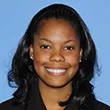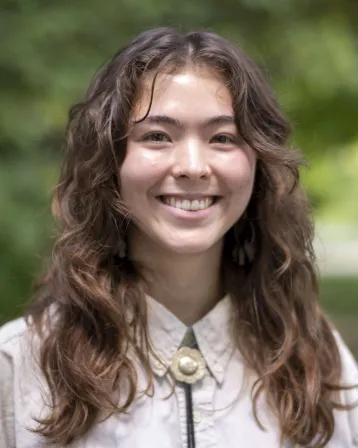Meet the LCAs and their Issue Areas!
Browse below to learn more about the different issue areas and their Lang Center Associates!
- Politics & Public Policy
Politics and Public Policy entails actively addressing societal issues through meaningful interaction with government structures, political processes, and community engagement initiatives; it involves working towards social justice and change by leveraging political mechanisms and policy frameworks to advocate for the interests of individuals and communities. In this context, Engaged Scholarship in Politics & Public Policy encompasses a wide range of activities, including advocacy, legislative work, political campaigns, and community organizing efforts.
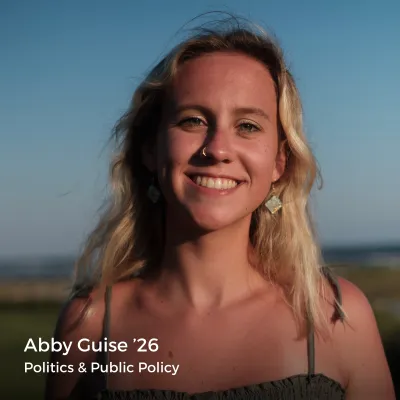
Abby Guise ’26
Politics & Public Policy
aguise1@swarthmore.edu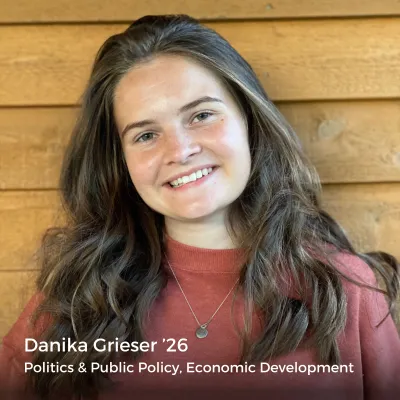
Danika Grieser ’26
Politics & Public Policy
dgriese1@swarthmore.edu- Ethics & Human Rights
The Ethics and Human Rights issue area aims to address social injustice on local, national and international levels. It promotes ethical engagement and transformative justice approaches in addressing interconnected issues of inequality using both grassroots and legal strategies.

Dylan Herink ’27
Ethics & Human Rights
dherink1@swarthmore.edu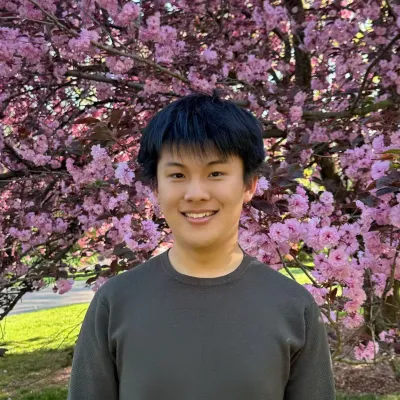
Calvin Liu ’28
Ethics & Human Rights
cliu2@swarthmore.edu
Chloe Lee ’28
Ethics & Human Rights
clee15@swarthmore.edu- Education & Access
The development of a just and civically responsible society depends highly on our ability to provide people with equal access to an education system that helps them think critically about themselves and their communities; as such, education is an intersectional field that cannot be conceived apart from issues of race, class, and nation. The Education & Access issue area therefore aims to explore the ways in which academic discourse on education overlaps with local, national, and international movements to increase equity in access to education, whilst promoting ethical and civically responsible approaches to engaging with the education system.
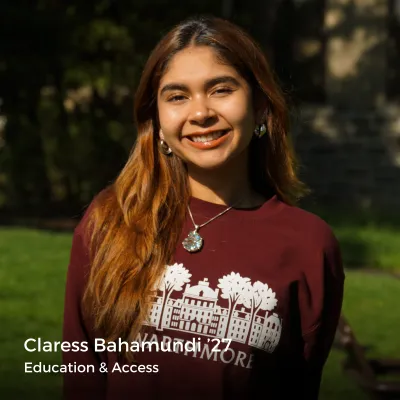
Claress Bahamundi ’27
Education & Access
cbahamu1@swarthmore.edu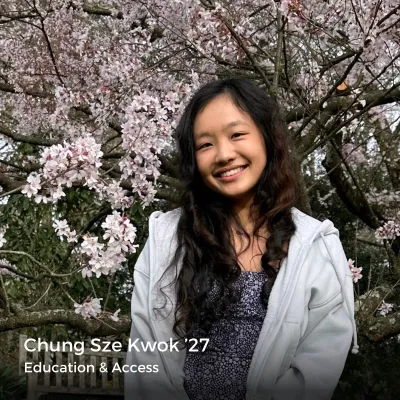
Chung Sze Kwok ’27
Education & Access
ckwok1@swarthmore.edu- Identities & Inequalities
The Lang Center acknowledges that the United States experiences deep inequality along lines of race, gender, class, immigration status, and education. Black, Brown, undocumented, immigrant, low-income, and first-generation students often face compounded barriers in accessing funding, resources, and networks. The Identities & Inequality issue area is committed to centering the experiences of these students, particularly in relation to wealth and income disparities, and fostering a space where all students can engage with and challenge systems of inequality in meaningful ways.
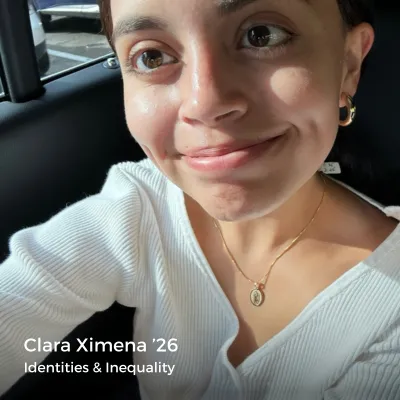
Clara Ximena ’26
Identities & Inequality
cvillal1@swarthmore.edu- Refugee & Immigration
The Refugee and Immigration Issue Area addresses the interconnection of issues on Migration and displacement with social justice; emphasizing the rights and autonomy of migrant communities. In this issue area we seek to understand and address the political, social and economical factors that drive forced migration and advocate for better programs and policies that can support refugees, asylum seekers, IDPs and the Migrant community as a whole.
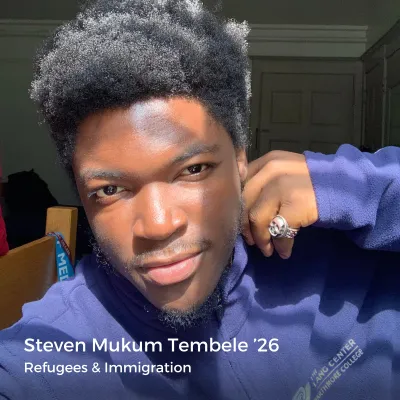
Steven Mukum Tembele ’26
Refugees & Immigration
hmukumt1@swarthmore.edu
Mina Bahkshi ’27
Refugees & Immigration
mbahksh1@swarthmore.edu- Economic Development
Economic development involves fostering the economic conditions that bring people a certain level of material comfort and basic human dignity. Traditionally, economic development was thought to be propelled by the industrial revolution and technological boom. This introduced the shift from a handmade to a machine-made industry that spurred productivity and raised standards of living for some, but not all. This issue area seeks to reimagine “development” to achieve a society where all can not only live with dignity but also have the opportunity to flourish.
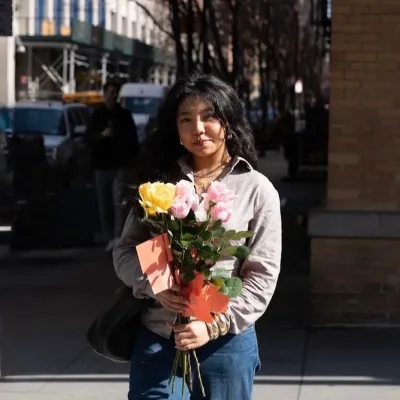
Marion Rai ’27
Economic Development
mrai1@swarthmore.edu- Arts, Media & Culture
Artistic expression opens up the ability to examine humanity at its core. From documentary to painting, journalism to dance—all forms of art and media have the power to preserve and transform culture. How the arts engage in social change is endless. As a common point of reference, arts, media, and culture ultimately bring people together in viewership, production, and experience—serving as a critical avenue of social action and change.
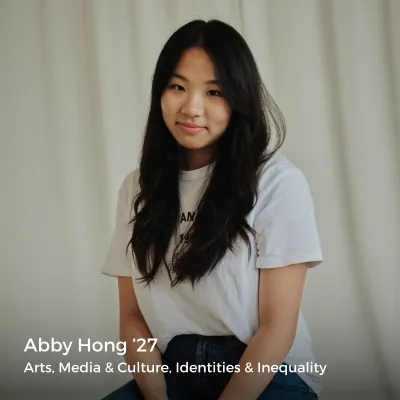
Abby Hong ’27
Arts, Media & Culture, Identities & Inequality
shong1@swarthmore.edu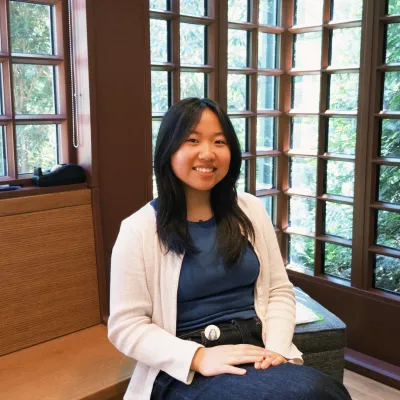
Hannah He ’28
Arts, Media & Culture, Identities & Inequality
hhe2@swarthmore.edu- Environment & Sustainability
The environment is where we work, live, play and thrive. Any outstanding circumstance that threatens a part of this definition is a form of environmental injustice, such as human-induced global warming, deforestation, or environmental racism.
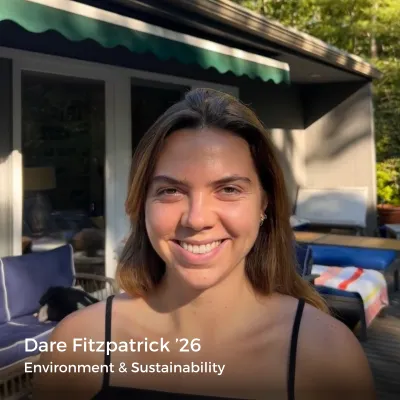
Dare Fitzpatrick ’26
Environment & Sustainability
ffitzpa1@swarthmore.edu
Apply to Become an LCA!
Every year, the Lang Center seeks civic minded students to join the LCA team. Applications generally open in December and students will be notified of available positions through the Lang Center’s weekly newsletter and JobX.

